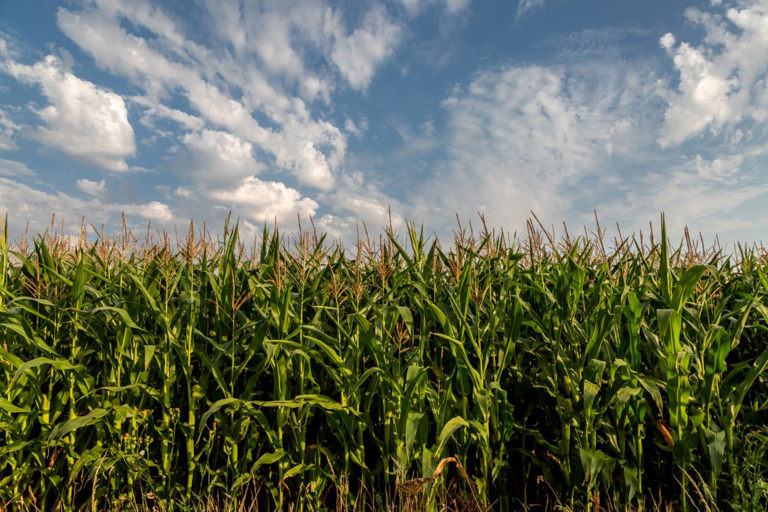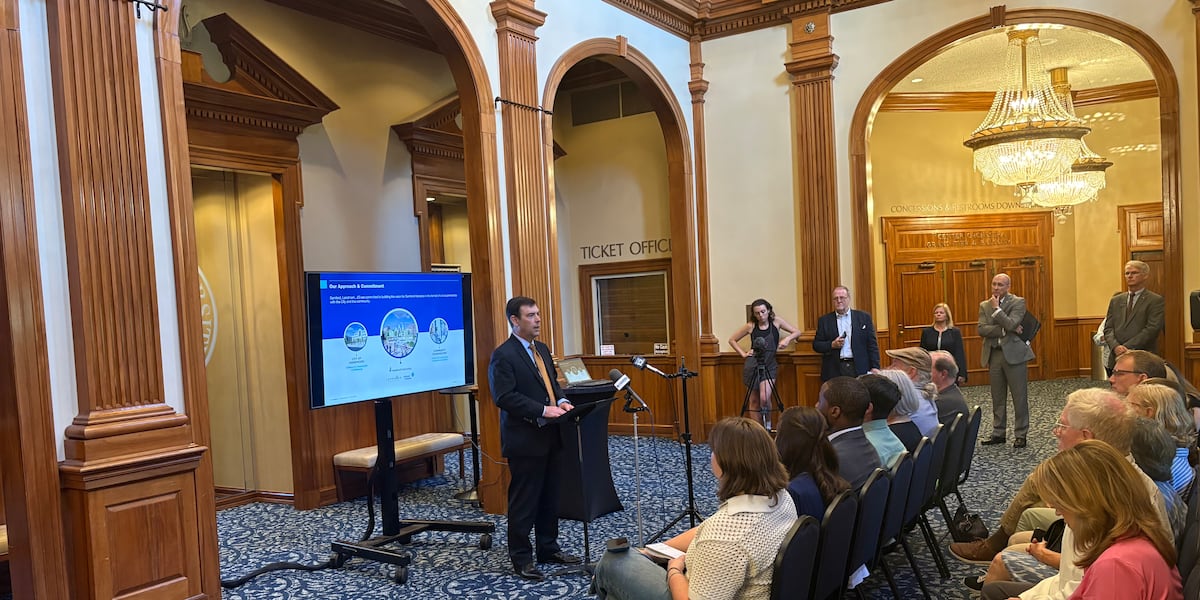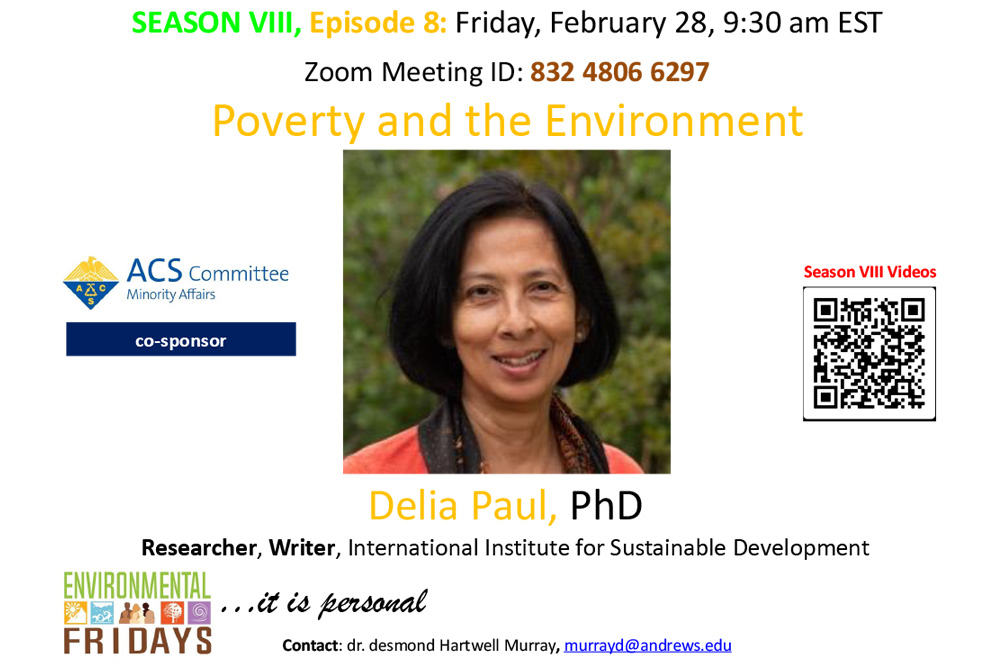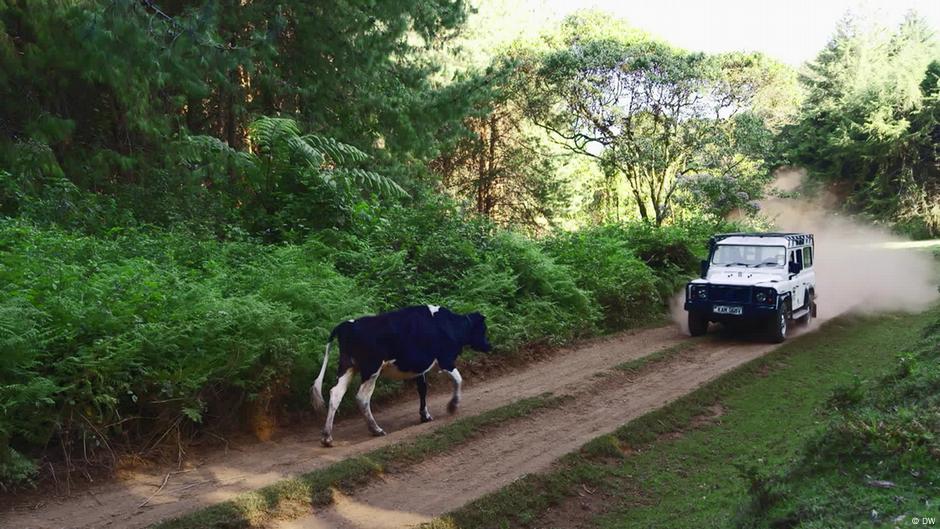Green Energy Subsidies: The Hidden Environmental and Economic Toll on Britain

A staggering expanse of land—comparable to half of Greater London's total area—is now dedicated to maize cultivation across England, primarily for biogas production. Environmental experts are sounding the alarm about the potentially devastating ecological consequences of this widespread agricultural practice.
The massive scale of maize farming, which spans approximately 200,000 hectares, is raising serious concerns among scientists and environmentalists. While biogas is often touted as a renewable energy source, the method of growing maize for this purpose appears to be causing significant environmental damage.
Researchers argue that the intensive cultivation of maize for biogas is leading to soil erosion, reduced biodiversity, and increased carbon emissions. The large-scale monoculture approach disrupts natural ecosystems and potentially undermines the very environmental benefits that renewable energy aims to achieve.
As the debate intensifies, policymakers and agricultural experts are being called upon to reassess the current approach to biogas production and explore more sustainable alternatives that balance energy needs with environmental preservation.








